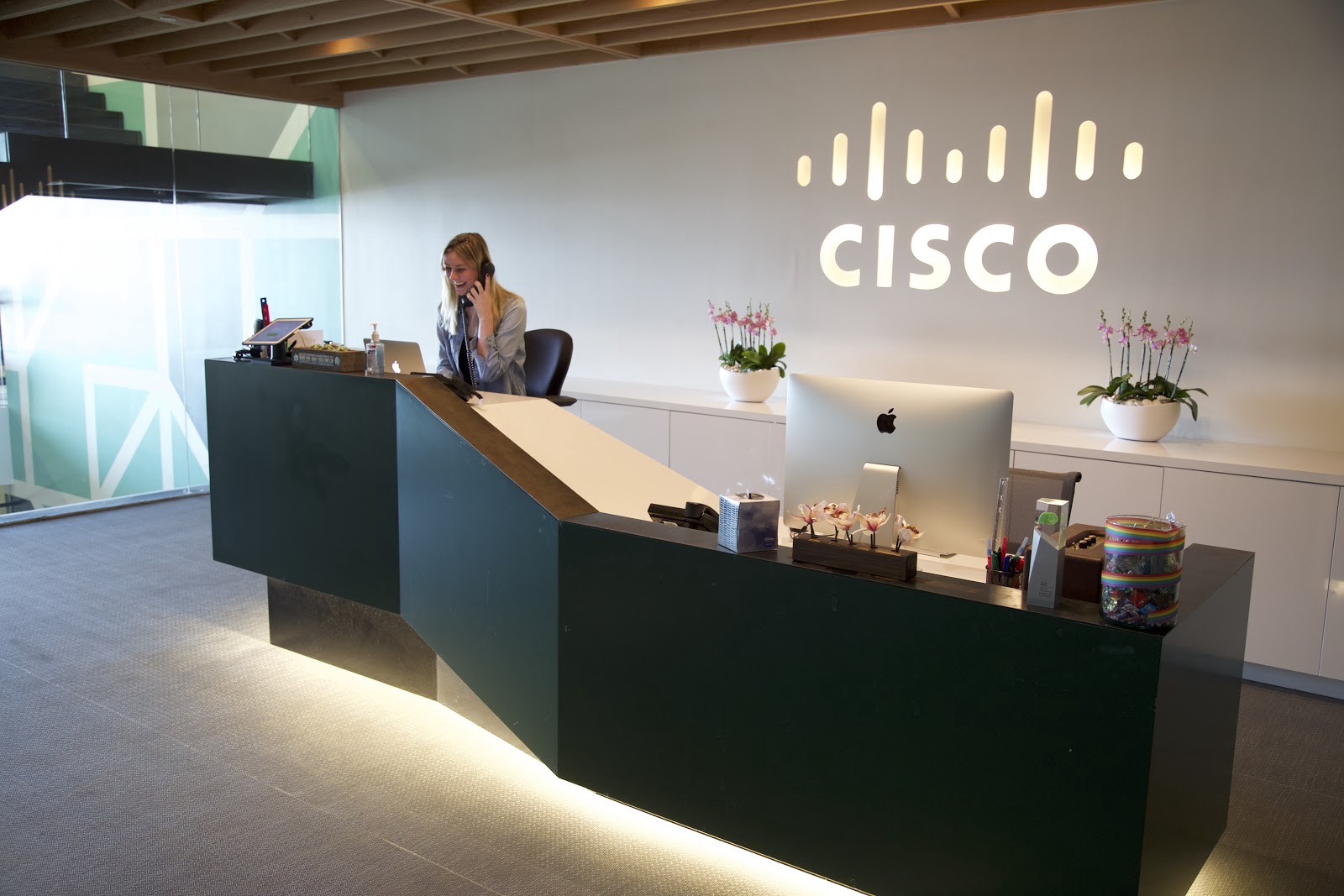TechInAfrica – If you’re currently following on the trends of exponential technology growth, most likely you’ll have heard of Silicon Valley. Located in the southern San Francisco Bay Area of California, Silicon Valley itself is home to most multinational tech corporations that operates globally on a daily basis. Among them are the world’s most renowned companies, namely Apple, Google, Facebook, Cisco, Intel—and the list goes on extensively. There’s a substantial chance that the device you’re reading this on came from Silicon Valley, before being distributed worldwide. But would all tech companies serve for the greater good? Or would they serve as small-time startups’ dismay?
You may have seen our story regarding Google’s move on manifesting new lines of undersea cables ranging from Portugal all the way to South Africa. Google Equiano—the name of the project, apparently—promises to be the first subsea cable which incorporates optical switching at the fiber-pair level. At a glance, this may seem like a gesture of generosity applied by the search engine giant. Yet now we delve further into the true meaning behind this process.
Africa, despite what most people may think, is currently experiencing unprecedented advancements in the field of technology. This, in return, makes the economic and industrial sectors of the continent experience sharp, fervent demands. To facilitate such troubles, multinational companies like Cisco has opened a number of their Networking Academy (NetAcad). Additionally, Google has launched accelerator programs for seed-stage startups to get themselves acquainted with the ever-growing world of tech and business (you can read more on this story here).

With Silicon Valley giants expanding their movements across Africa—and while most of them genuinely means goodwill for the region’s technology development—this notion doesn’t shut all doors for certain companies that target the user’s data.
Charitable gestures don’t necessarily mean charity.
People see Facebook as a potential culprit for unauthorized, illegal data harvesting even before their scandal alongside Cambridge Analytica—when our data were being used to manifest major political purposes (read the story here). Even their upcoming undersea cable project was based on partnerships with Vodacom and MTN, and this could serve as a possible framework for Facebook to seep into our data yet again. Moreover, subjects explained earlier was two amongst who-knows-how-much endeavors and conflicts that the social media giant has taken a part into, and we can all but wonder what comes next. We can all but wonder where they might strike next, even the probability of your neighbor’s data being leaked is all but imminent.
Yet no one would ever know, and this obliviousness could be the downfall of African startups.
Why? Because the majority of society relies on the services offered by Silicon Valley giants. Why do you think we look up things on Google rather than our locally-engineered search engines? Simple, it’s reliable, fast, consistent, and most of all, neat. Oh, did I mention reputable? When this happens, sooner or later local startups will give in to the competition and eventually either declare bankruptcy (The Office reference!) or be acquisitioned to bigger tech companies. No other options are at least feasible, and taking the big companies head-on would pose the highest risks for seed-stage startups as it would be a very bold decision.

Inadvertently, we might be welcoming the ‘thieves’ stealing our data right under our noses, all while dominating the tech sector which may leave local businesses gasping for air.
My take on this actually came from an interview session with Lifti’s founders—Tshepo and Rox—in the making of another episode of our Meet the Founders Podcast (it’ll be out sometime soon, I promise!). At the startups’ initial launch period, it’s signified as they’re jumping off a cliff and they’re building a parachute on their way down. If they lack proper planning and research to survive in the coming years—even if they don’t know where they’ll land, they’ll eventually crash down and fail like many others did. Whether or not investors are interested in funding the local businesses, downfall is imminent when no one has a plan to cover the backdoor in case the front door is jammed—get what I mean?
Could Facebook—as well as other Silicon Valley giants—had been building a little, subtly hinted network that slowly turns us into submissive consumers of Western companies? What do you think?
Source: africanexponent.com



